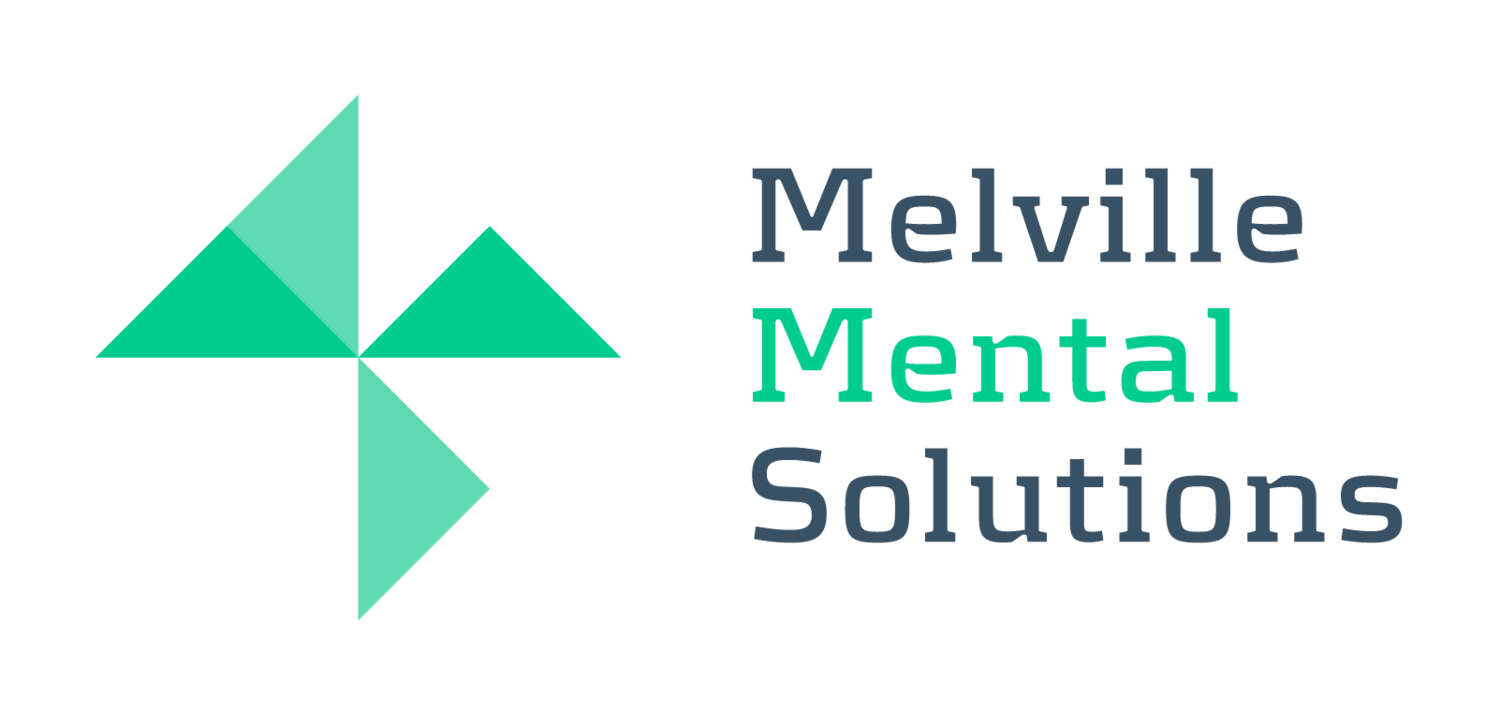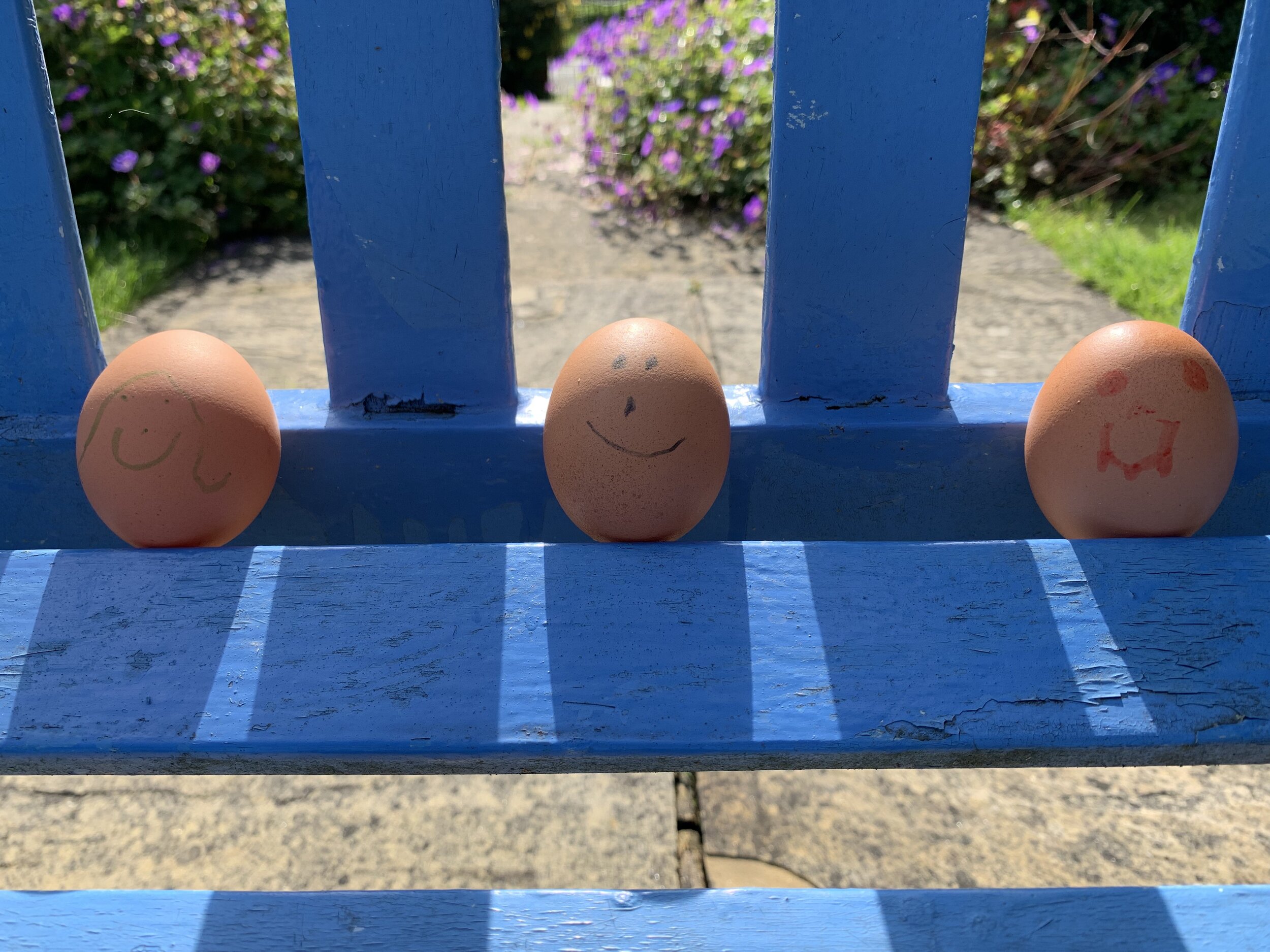The ‘H’s of Mental Health
In my Mental Health work, I have witnessed the difference in the knowledge and understanding of Mental Health. Overall, it drives my passion to fill the knowledge gap through encouraging individuals to build their own Mental Resilience.
I have found a theme that I would like to share as another way to understand why and how we need to make more time to support our Mental Health. Using my Marketing background, I can’t but use an advertising technique: repetition!
The ‘H’s of Mental Health
Healing
I was asked in a workshop I attended to choose the role of someone that I rely on to support me with my own Mental Health. A few roles were mentioned to me: ‘Mentor’…’Councillor’…..’Leader’…’Psychotherapist’….’Health expert’…… ‘Advisor’…. have you had the same question?
For me, none of these roles stood out. I referred to the times where I have needed help. I used my terminal cancer experience, worries with work, injuries, and realised that one came to my mind: ‘Healer’. A Healer can play multiple roles – give guidance, support, inspiration, confidence and security. I current speak with someone who does this, and translates the issues I share in confidence. When I was introduced to this contact I was very cynical and slightly embarrassed to even have a chat with a Healer. But I have not looked back since she has helped me identify the source of my problems and cope with them better. I look forward to our meetings when we can ‘just have a chat’ and go from there.
The key point here is to find someone that suits you. This means your personality, your character, your approach to sharing and your issues – but mainly someone you can be honest with. Just speaking to someone will help you manage your stress.
Who would you speak to for help with your Mental Health?
To find the right person to support you with your Mental Health it is important to approach your conversation with the following ‘H’s - Humility, Honesty and Hearing.
Humility
Humility requires you to acknowledge and accept that you do not have all the answers,, like a lot of other things in your life! Why do you think that the highest suicide rate is men, 40-49? They feel that they are expected to know all the answers and to be the strongest role model, and therefore cannot show their weakness. Their irony with terminal cancer is that I had medical ‘choice’ for my medication and self-care. Humility was a first steps to find the right answers.
It is normal to feel weak and guilty for asking for help and keeping these thoughts it can increase the impact of negative thoughts. You might find yourself going in circles or annoyed that things have not changed.
Approaching a conversation with Humility will make it easier to ask for ways to support your own Mental Health, and of others. Humility will also give you one of the strongest powers in all forms of communication: Silence. True silence will open the doors and windows in your whole Wellbeing. It will help you understand the role of your Mental Health in all parts of your life.
A key tip is during your conversations make sure you acknowledge and are in the conversations. You can do this by ‘agreeing’ to relevant points you hear, and ‘summarising’ what is being said. It will demonstrate to the speaker that you are in the conversation and not ignoring their points, themes and are open to receiving help.
Honesty
After you humbling yourself through your knowledge about Mental Health, it will make it easier to take away your stigma around asking for support. Honest not only will give you confidence to understand yourself but also give confidence to the person you are speak to. Honesty is closely connected to Humility - with my own family I have to admit I don’t know all the Dad answers and learning everyday.
Think of a time when someone has asked you – “How are you?” and you have responded with “I am fine” when you are not well. That person might be able to help but you have not been honest to allow them to have a go. If you are honest then, you might open up ways to help you; and avoid relying on negative thoughts.
The first step of ‘Honesty’ is to start with yourself. A key tip is at the end of the day or first thing in the morning – write 2 lists. One list is the things that you don’t like and have not gone well in the previous 24 hours. The other list is what has gone well. It is a way to recognise the good times in your day. It also can help you to identify what are the worries to share.
Hearing
Does it surprise you that we use our Hearing 42% of our time, but we have only 0.5 years learning how to listen? When I started talking to people about Mental Health - I was a rubbish listener! I focused on what I wanted to say and what ‘I wanted to get from the conversation….’.
Being a good listener brings people into the conversations - it is hard to do!
By learning to hear better, it will open your mind externally to collecting ways to help you. It will also control your mind that might be trying to interrupt your conversations. Another definition of this is ‘cognitive disorders’ or ANTS (Automatic Negative Thoughts). This is when your mind wants to decide your Mental Health solutions and get in the way from hearing external suggestions. It is like being in a meeting with a client, or helping kids to do their homework, and deciding you have the answers and end up telling them what to do. You are not Hearing them, therefore you might not give them the right answers. When I was buying media space worth millions of pounds, I leaned against the sellers who listen to my brief and understood my problems.
Humility, Honesty and Hearing provide a positive approach to worries and stress and these results:
Hope, Help & Happiness
Hope.
Hope is the foundation of recovery, no matter how shallow or deep your Mental worries might be. Through being Humble, Honest and Hearing – it will open your mind to know that can things can be done, and focus on ways to build Mental Health Resilience. Opening the mind is a way to give space to manage any worries and provide a ‘light at the end of the tunnel’.
I am MHFA England instructor and Hope is a key goal for Mental Health First Aiders when they are talking to someone with Mental illness - you can read more here.
Help
Where would you go for ‘Help’. Using these methods will allow you to see the ways to help your or anyone you know who you want to help. MHFA England have over 25 pages in their First Aider manual about specific areas for anyone to find help. This is a key challenge, especially for Men. I spoke on BBC Radio 5 Live about this issue – it was ironic that I was able to be interviewed within 1 hour of getting in touch when it normally takes days! You can listen to it here - https://www.melville-solutions.com/media
Happiness.
Our natural approach to drive happiness is to look for material items and aim towards perfection. Do you do this? You might also recognise my statement that ‘they are either short term happiness or not likely’. By focusing on your ‘H’s they will allow you to give you space to recognise and appreciate the moments when good things happen. It’s ok to celebrate the moment and not focus on getting to that perfect spot. It might be when you support someone, or you notice a small but lovely moment (a rainbow, smiles with your family, retaining business…..). Here is a lovely article to find out more here.
Lastly, I would like to end on a final H: the ‘Heart’.
The ways I have covered are key to cleansing our hearts from the negative experiences in life. Our Heart is connected to all our areas of Health, not just Mental Health. Our hearts are linked so many areas of our ‘Health’: Physical, Mental, Spiritual, Financial, Relationship and Vocation. Driving a positive Heart will drive a more Helpful, Hopeful and Happier life.
Thank you to - Nick Fewings on Unsplash for the photo.
Thank you also to my children for the images of the Eggs.


